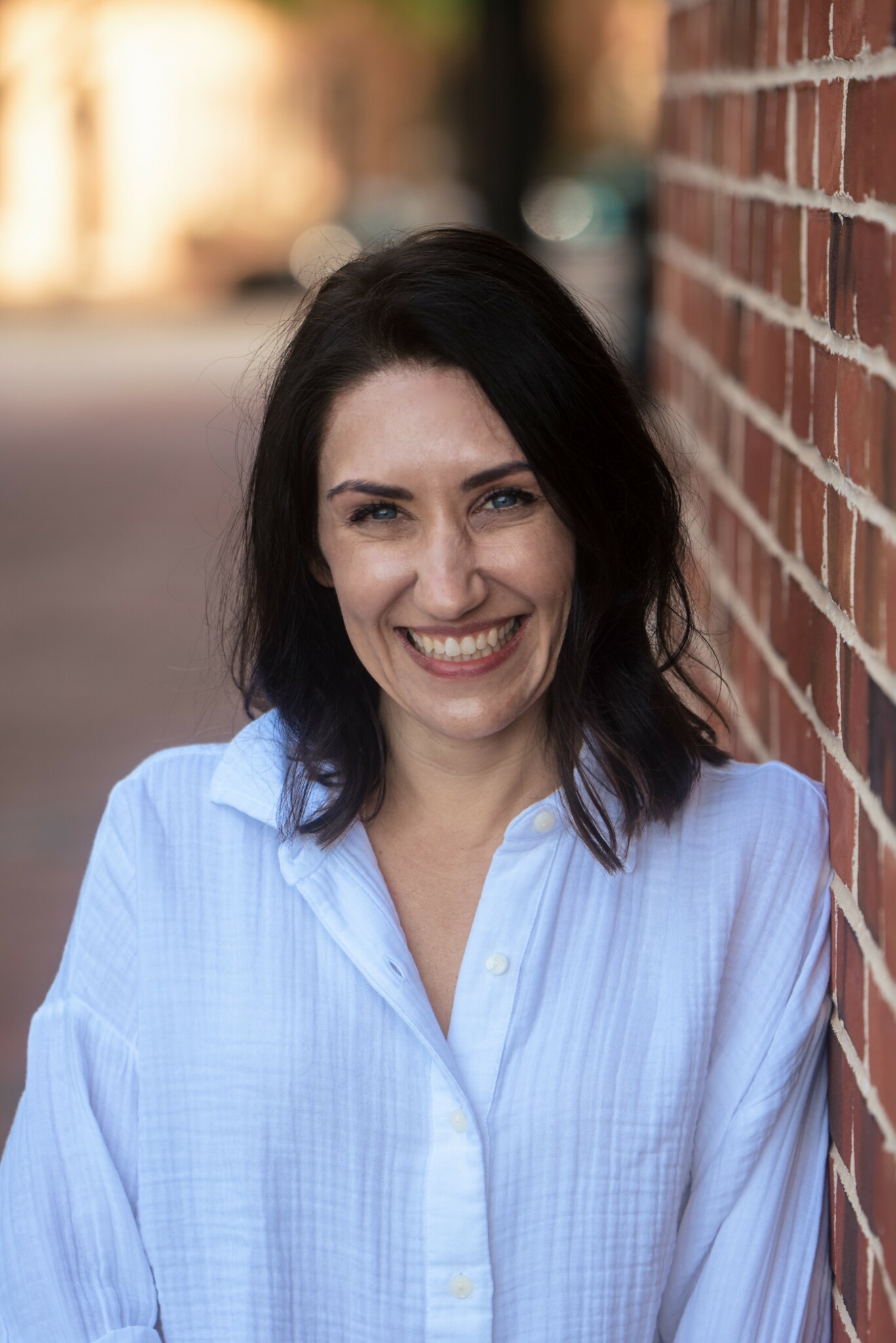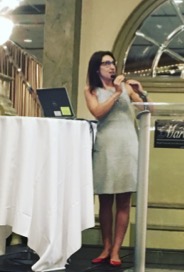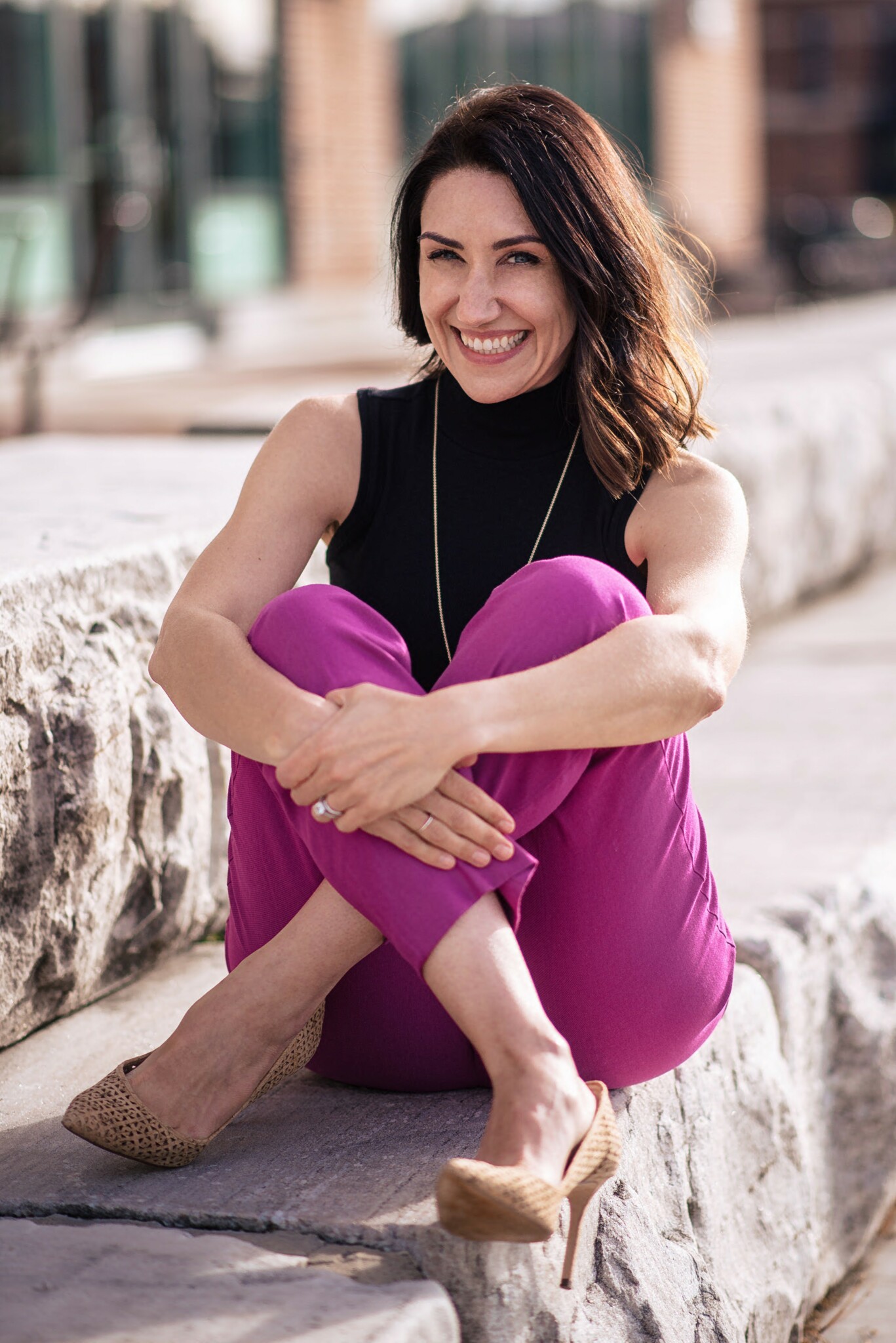We caught up with the brilliant and insightful Kory Andreas a few weeks ago and have shared our conversation below.
Kory, thanks for joining us, excited to have you contributing your stories and insights. Can you share an important lesson you learned in a prior job that’s helped you in your career afterwards?
A pivotal lesson I learned in my career is to trust your instincts when you know you’re capable of more than your current job allows. I spent 20 years working in public and non-public schools, deeply invested in supporting neurodivergent high school students. But over time, the frustration of being constrained by a rigid system grew louder. I could see what my students needed, but the red tape, outdated policies, and systemic limitations kept me from providing the support I knew could make a real difference.
During the pandemic, it hit me: I was pouring my energy into a broken system when I could be working independently to create real change. It was terrifying, but I took the leap and launched my private practice. That decision not only transformed my ability to help clients, it expanded my reach in ways I never imagined. Now, I work with neurodivergent teens and adults across three states, providing unique therapy that is driven by strategies I have created. Outside the virtual therapy room, I consult with large government organizations and therapy practices, teach, write, and advocate for affirming Neurodivergent care. Most importantly, I restructured my work to prioritize both my impact and my well-being.
Leaving a stable career to build something new was one of the hardest things I’ve ever done, but nothing worth having comes easy. I’m grateful I believed in myself enough to take the leap—because now, my work is reaching more people, challenging outdated approaches, and helping the field evolve to better support neurodivergent individuals.

Great, appreciate you sharing that with us. Before we ask you to share more of your insights, can you take a moment to introduce yourself and how you got to where you are today to our readers.
I’ve always been drawn to the quirky, outspoken, and deeply passionate people I’ve worked with. My own Neurodivergent brain seems to naturally connect with others who experience life with the volume turned all the way up. When I started working for myself, I realized therapy didn’t need to fit into the rigid box of what we were taught it “should” be. Instead, I crafted my private practice, trainings, and writing to be authentically me—because when I show up as my real self, my clients feel safe to do the same.
I provide Autism assessments for adults, Neurodivergent-affirming therapy for individuals and couples, and consultation for professionals working at the intersections of Autism and mental health. My work is an identity-based practice, meaning Autism and Neurodivergence aren’t just things I study; they are the foundation of everything I do. My approach is direct, affirming, and (unapologetically) not what grad school prepared us for. Therapy with me isn’t sterile or one-size-fits-all—it’s a conversation, a collaboration, and a space where you can finally take a deep breath and just be.
Beyond the therapy room, I’m an obsessive learner, a relentless reader, and a firm believer that we can do better when we know better. The world is still wildly misinformed about adult Autism, and I aim to be the advocate and voice that many of us needed when we were younger. Whether through therapy, trainings, or my writing, I want to change the conversation and push the field forward—because Autistic adults deserve better than outdated stereotypes and misunderstood support.
Any stories or insights that might help us understand how you’ve built such a strong reputation?
My reputation has been built on a mix of expertise, authenticity, and a willingness to say the things that others won’t. I think what sets me apart is that I don’t just study Neurodivergence—I live it. My work is deeply rooted in both clinical knowledge and personal experience, which allows me to connect with my audience in a way that feels real, not rehearsed. I don’t have all the answers, but I have a strong ability to connect with people and provide a safe space to unmask—to show up as your true self without fear of judgment.
I’ve built trust by challenging outdated Autism narratives, providing Neurodivergent-affirming therapy, and creating content that actually speaks to the lived experience of late-diagnosed Autistic and ADHD adults. I think people resonate with my direct, no-BS approach, my humor, and my ability to make complex topics accessible and real—or at least, I hope they do.
Additionally, my focus on practice-based evidence—what actually works for Neurodivergent people in real life, not just what textbooks say—has made me a sought-after speaker, consultant, and therapist. I’m not interested in gatekeeping knowledge; I want to push the field forward and give Neurodivergent people the resources, validation, and support they deserve.

Are there any books, videos, essays or other resources that have significantly impacted your management and entrepreneurial thinking and philosophy?
Untamed by Glennon Doyle didn’t just inspire me, it changed the way I approach my entire career.
Glennon’s message of shedding societal expectations and trusting your inner knowing was a massive turning point for me as an entrepreneur. As a late-diagnosed Autistic person, I spent years trying to fit into systems that weren’t built for me, especially within traditional therapy models. During my time working in schools, I felt deeply frustrated by the limits placed on how I could support my students. I knew there was a better way, but breaking out of that structure felt impossible—until Untamed reminded me that I didn’t have to keep following rules that weren’t serving me or my clients.
Her concept of “burning it all down” when something isn’t working gave me permission to build something different. I restructured my career to focus on Neurodivergent adults, creating a therapy practice, trainings, and a growing platform that reflect what I know is needed, rather than what traditional systems dictate.
Glennon also talks about the power of “knowing.” I’ve learned to trust that deep, internal certainty Autistic people often have but are taught to ignore. Reading Untamed reinforced that my instincts weren’t wrong; the problem was the system that told me to ignore them. Now, I bring that same message into my work every day, helping clients unmask, advocate for change, and build spaces where Neurodivergent people can thrive exactly as they are.
Contact Info:
- Website: https://koryandreas.com
- Instagram: https://instagram.com/neurokoryous
- Linkedin: https://www.linkedin.com/in/koryandreas


